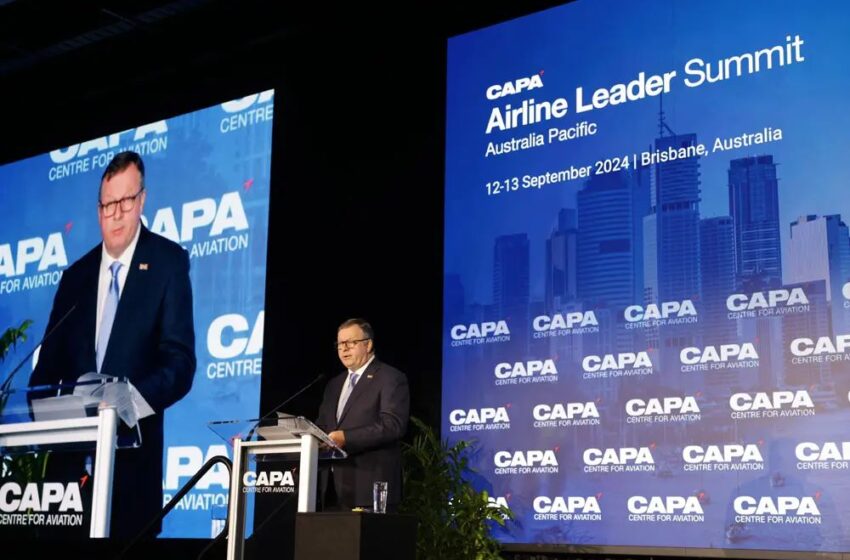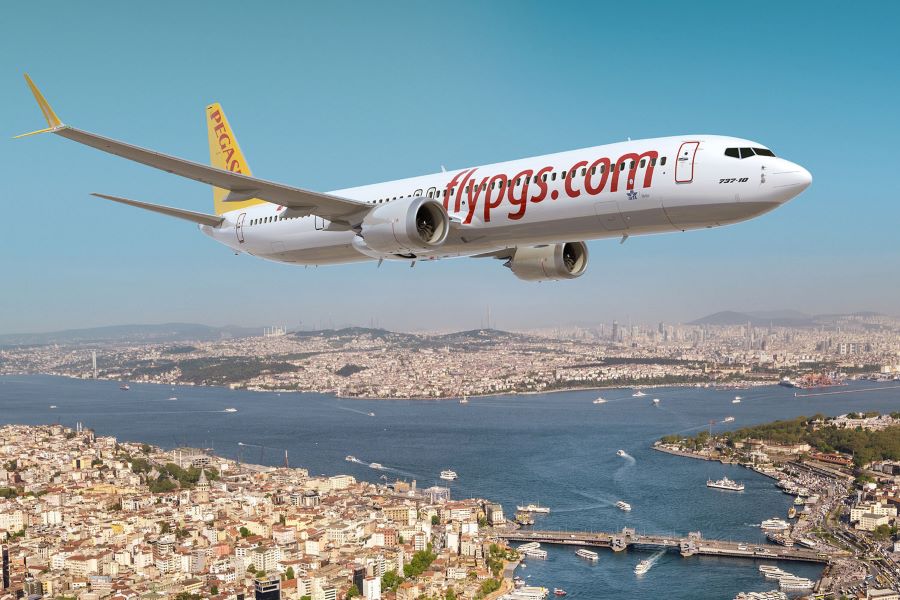
Australia Should Produce More Sustainable Aviation Fuel
Airbus chief representative Australia, New Zealand and Pacific Stephen Forshaw, on Thursday cautioned that Australia could be the second largest contribution to greenhouse gas emissions by 2040 if the government doesn’t act in time to support more sustainable initiatives in the aviation industry in the next one year.
Speaking at the two-day CAPA Airline Leader Summit Australia Pacific at Brisbane in Australia, he said that Australia has the opportunity and had many advantages including access to agriculture waste to become a global green aviation superpower in SAF industry.
Australia has been a major producer of feedstock such as agriculture waste and needs to establish to major refinery to utilise the same to produce SAF. There are only two small sustainable fuel plants in Australia, one each at Perth and Geelong at present.
Australia has been lagging in developing sustainability projects and the government should do more as far as planning and environmental approvals were concerned. The CAPA summit is being attended by more than 500 delegates from 22 countries and over 100 representatives from 31 carriers.
The theme of the two-day summit is cutting emissions from air travel and representatives from Australia’s national carrier Qantas, Virgin Airlines and Air New Zealand also called upon the Australian government to act swift and fast to create a sustainable aviation fuel industry in Australia.
Qantas climate change executive manager Fiona Messent said that the UK Government’s policy approach to encouraging the use of SAF can be emulated in Australia as the airline had committed to using SAF and fuel-efficient planes to reduce its carbon emissions by 25% by 2030. However, the airline is securing SAF from the UK, she said.
According to her, the economic potential of a local SAF industry can ensure fuel security, create up to 70,000 jobs and make a contribution of $8.68 billion to the local GDP by 2040.
Projects in Pipeline
According to S&P Global, several projects to produce SAF are under investigation in Queensland and Western Australia, including a refinery planned by Wagner Sustainable Fuels, another headed by Ampol, and plans to transform BP’s Kwinana Energy Hub.
Several renewable including SAF projects are under development across Australia and they include Northern Oils’ advanced biofuels plant at Yarwun in Queensland while Ampol and ENEOS are developing feasibility on an SAF plant in Brisbane.
Even oil major BP also announced biofuels refining capacity at Kwinana in Western Australia scheduled to begin SAF and biodiesel production from 2026, S&P Global said.
Further solidifying Australia’s commitment to SAF, Qantas and Airbus, key partners in the Jet Zero Project Ulysses, have announced their support for a new biorefinery in Queensland, capable of producing up to 100 million litres of SAF annually.
However, a project status report from the Australian Government’s Environment Protection and Biodiversity Conservation (EPBC), which was released in July this year, Oceania Biofuels has announced that it was abandoning a proposed $339 biofuels project in Gladstone in Queensland for sustainable aviation fuel (SAF) and renewable diesel.













